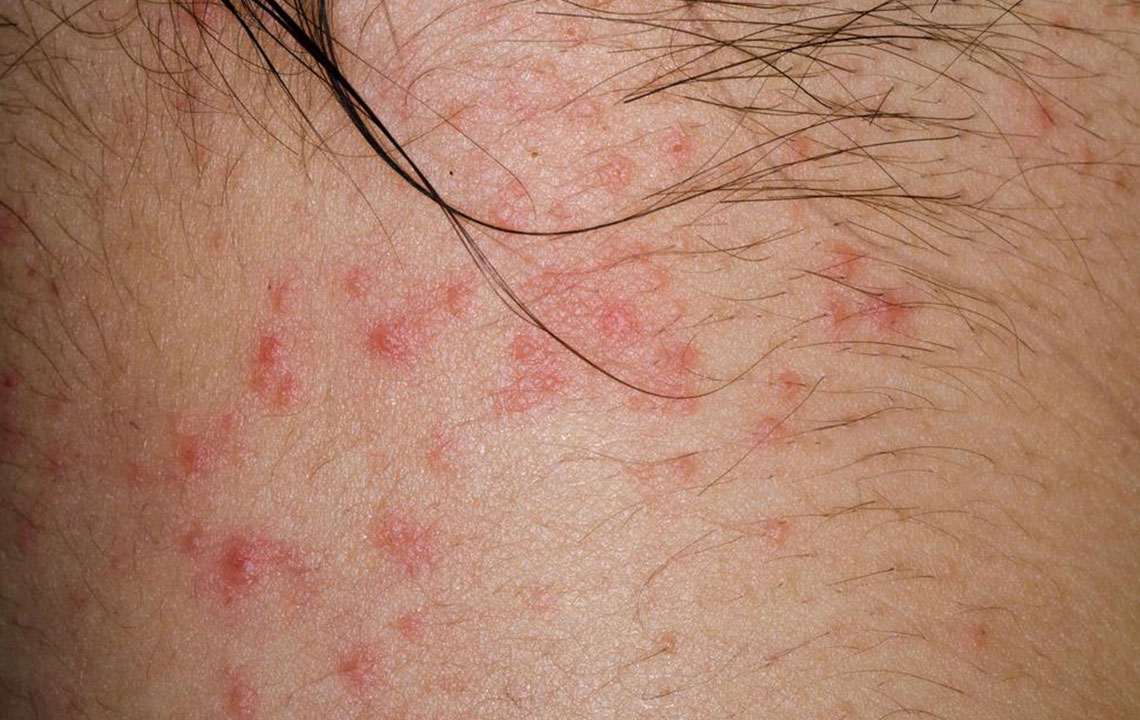Understanding Eczema: Types and Key Facts
Eczema, or dermatitis, is an inflammatory skin condition affecting millions worldwide. The article explores different types such as atopic dermatitis and contact eczema, highlighting causes, symptoms, and genetic factors. Understanding triggers and management strategies can help those affected reduce flare-ups and improve skin health. The content emphasizes the hereditary nature of some forms and environmental influences, providing a comprehensive overview to increase awareness and support effective treatment approaches.

Eczema, also known as dermatitis, encompasses various skin disorders characterized by inflammation, dryness, and irritation. Common symptoms include itchy, painful skin that may become hardened, cracked, or crusted. Severe cases can involve blistering or infections. An estimated 31 million Americans experience eczema symptoms, with 17.8 million diagnosed with atopic dermatitis. Typically affecting elbows, wrists, knees, or the back of the legs, eczema can appear anywhere on the body. Flare-ups are frequent but non-contagious. The main types include atopic dermatitis, linked to genetic factors, and contact dermatitis, triggered by external irritants or allergens.
Atopic dermatitis is a chronic inflammatory condition often inherited through the FLG gene, which affects skin hydration and barrier function. A weakened skin barrier makes the skin more vulnerable to allergens and bacteria, leading to increased susceptibility to infections. The immune system's functioning is also impaired in affected individuals. The rise in eczema cases has been partly attributed to the hygiene hypothesis, which suggests that overly sanitized environments hinder natural immune development. Typically beginning in infancy, atopic dermatitis may resolve or persist into adulthood, with severity varying. Environmental factors also influence eczema flare-ups.
Contact dermatitis occurs when external substances—such as pollen, cleaning agents, cosmetics, or environmental toxins—trigger skin inflammation without genetic predisposition. It can be a one-time reaction or a chronic condition if exposure continues. Persistent contact may lead to scratching, creating entry points for infections. Proper identification and avoidance of triggers are essential for managing this type of eczema.
Disclaimer: The information presented is for educational purposes only and should not substitute professional medical advice. Always consult qualified healthcare practitioners for diagnosis and treatment.










